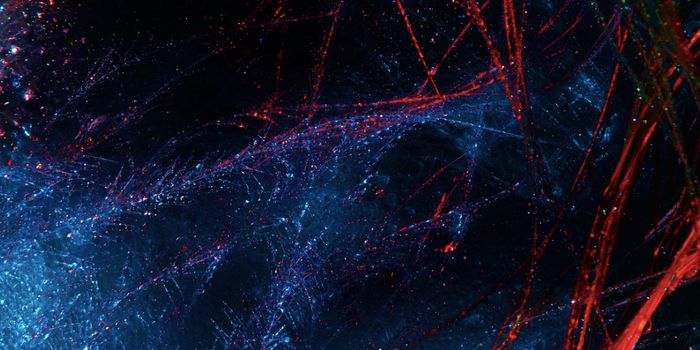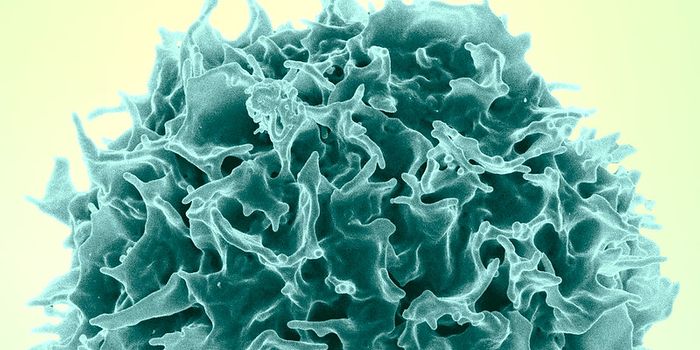Immune Enzyme Kills Viruses but Makes Tumors Stronger
Robert Louis Stevenson’s 1886 novel Strange Case of Dr. Jekyll and Mr. Hyde describes a man who is a kind, respected doctor by day and whose darker side manifests involuntarily at night.
The immune enzyme APOBEC3A also has a similar dual nature: it helps shield healthy cells against viral infections and induces dangerous mutations in cancer cells, resulting in cancer metastasis and drug resistance.
In a recent study, molecular immunologists at the University of California, Irvine have unraveled some of APOBEC3A’s long-standing mysteries, revealing two distinct pathways by which cells regulate the enzyme’s expression.
Previously, the team demonstrated how DNA mutations initiated by APOBEC3A—where the enzyme launches an attack on cancer cell genomes in a bid to stop them from growing—are incredibly common. Researchers detected these mutation signatures in over 80 percent of lung and breast cancers, for example.
In their latest work, the scientists took a closer look into how viral infections and stress caused by chemotherapeutic drugs influenced the activity of APOBEC3A. They found that viral infections kickstarted specific immune response pathways that upregulated APOBEC3, resulting in the elimination of viral pathogens. However, chemotherapy stimulates a distinct immune response which causes APOBEC3A to induce mutations in cancer cells, making them more aggressive.
“By understanding how cancer cells and viral infections regulate APOBEC3A expression, we are poised to take a critical step forward toward the development of both new therapeutic strategies to fight cancer and new antiviral therapies,” commented Rémi Buisson, lead investigator on the study.
In future works, Buisson and colleagues plan to study APOBEC3A’s role in the body’s fight against SARS-CoV-2, the virus that causes COVID-19. They are also looking to develop strategies for preventing APOBEC3A-induced mutations in tumors to improve the efficacy of anticancer treatments.
Sources: Nature Communications, UCI School of Medicine.










